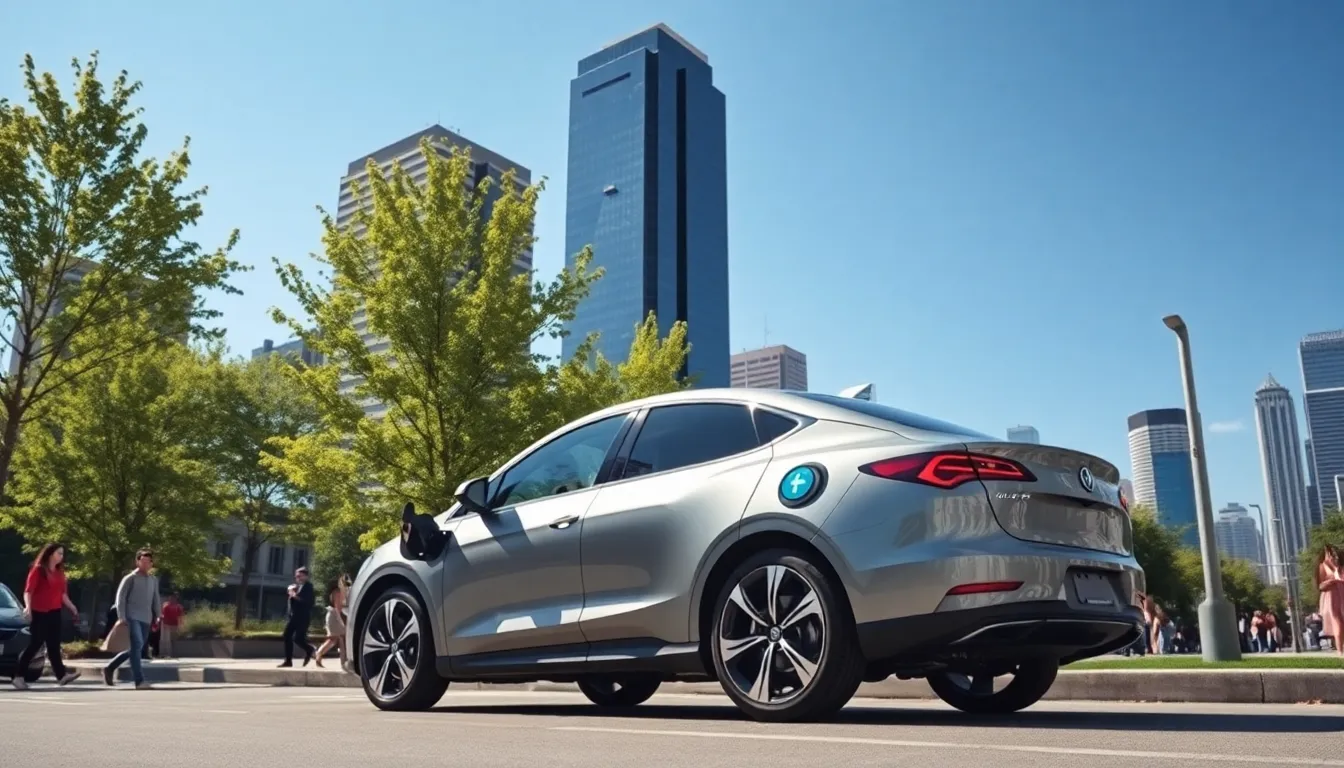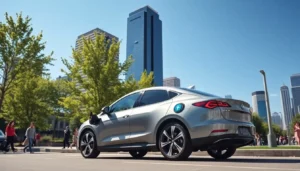When it comes to electric vehicles (EVs), one question seems to pop up more than others: Do they use oil? It sounds like a no-brainer, but let’s jump into this topic with the curiosity of a cat and the vastness of a tech expo. Spoiler alert: you might be surprised by what you learn, particularly when it comes to the clean, green machines of the future and their surprisingly close ties to oil. Buckle up as we explore the ins and outs of EV operation, components, and the oil landscape that still sneaks into our world of innovation.
Table of Contents
ToggleUnderstanding Electric Vehicles

Electric vehicles definitely operate on a different principle than their gas-guzzling counterparts. Instead of an internal combustion engine (ICE), they use electric motors powered by rechargeable batteries. The first thing to understand is how those batteries actually work. EVs harness electricity stored in massive lithium-ion batteries to get the wheels rolling quietly and efficiently. But wait, there’s more.
How Electric Vehicles Operate
These vehicles don’t just glide along: they have a complex system involving regenerative braking, which converts kinetic energy back into stored electricity when slowing down. It’s like magic, but science, right? Instead of oil to lubricate moving parts like in traditional engines, electric motors run smoothly with fewer moving parts, emphasizing efficiency and sustainability.
So, do they use oil at all? That’s where it gets interesting.
Components of Electric Vehicles That May Require Lubrication
Even though being mostly oil-free, electric vehicles require various components that sometimes need lubrication. For instance, the transmission and other moving parts, like wheel bearings, still benefit from lubrication to minimize friction and enhance performance.
Even without using oil, manufacturers often use synthetic oils or greases that don’t contain petroleum-based substances. These alternatives help ensure smoother operation, reduce wear, and contribute to the longevity of parts. In simpler terms, lubrication isn’t the black gold we’re familiar with from gas engines, but something more akin to a wellness boost for EVs.
The Role of Oil in Traditional Vehicles vs. Electric Vehicles
Traditional vehicles rely heavily on oil for everything from engine lubrication to fuel. In fact, regular oil changes are cornerstones of vehicle maintenance, ensuring parts run smoothly and don’t wear out faster than a TikTok trend. In contrast, EVs are designed to operate with less maintenance and with more efficiency.
Oil Use in Electric Vehicle Manufacturing
But, the production of electric vehicles does still correlate with oil usage. The manufacturing processes for EV batteries and components often require oil-based products. Whether through the extraction of raw materials or in the actual battery production, oil plays a hidden but significant role. Hence, while individual EV operations are more eco-friendly, the journey from factory to road still touches on oil’s legacy in the automotive industry.
Environmental Impact of Oil in the Automotive Industry
Let’s pause for a second to ponder the environmental footprint of oil in the automotive sector. While electric vehicles produce zero tailpipe emissions, the oil industry has long been a major contributor to pollution and habitat destruction. Transitioning to electric vehicles aims to curb these effects, but the complete elimination of oil from the picture is still a work in progress.
Future of Oil in Electric Vehicles
The future of oil in electric vehicles remains a hot topic. As battery technologies improve, capturing and minimizing oil application in manufacturing will be vital. Already, developers are racing to create more sustainable materials, reducing the need for oil-based components in EVs further. Still, it’s unlikely we will see a completely oil-free world anytime soon, especially given the current oil extraction and transportation infrastructures.










